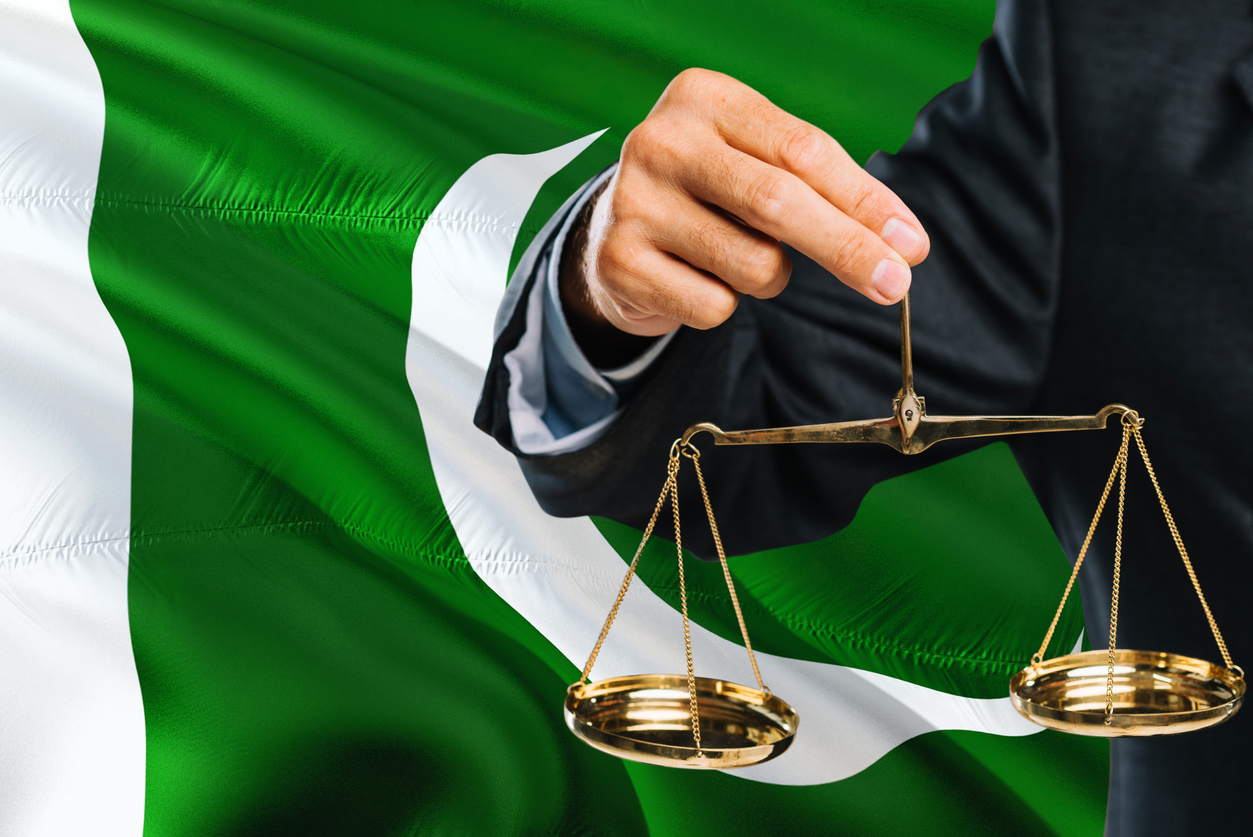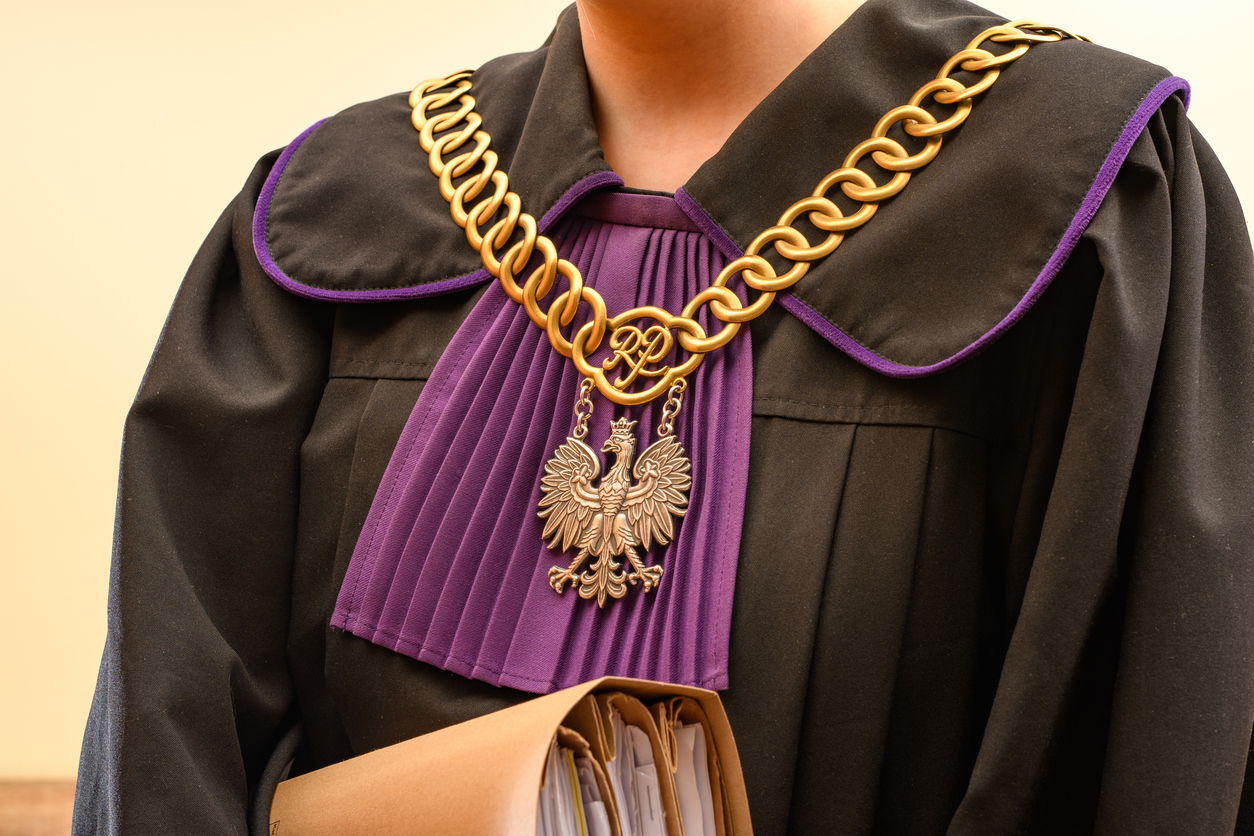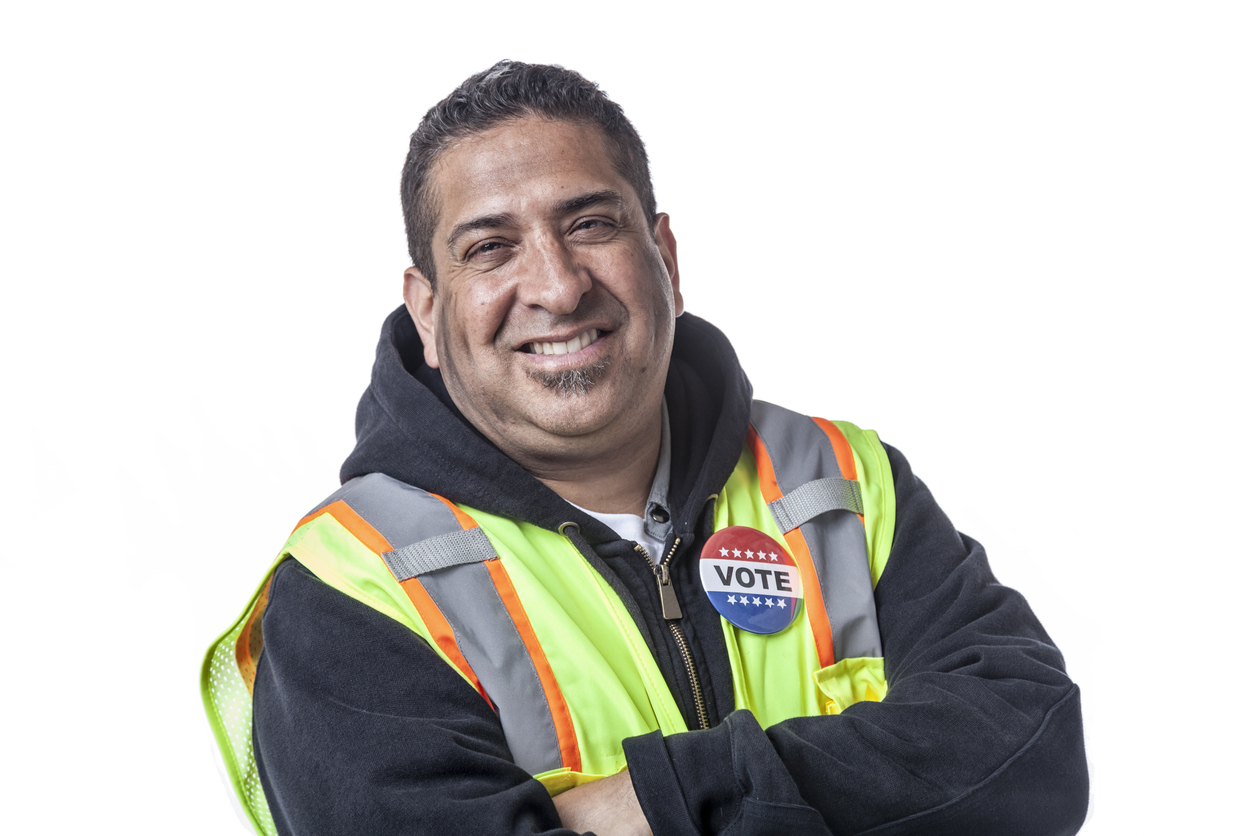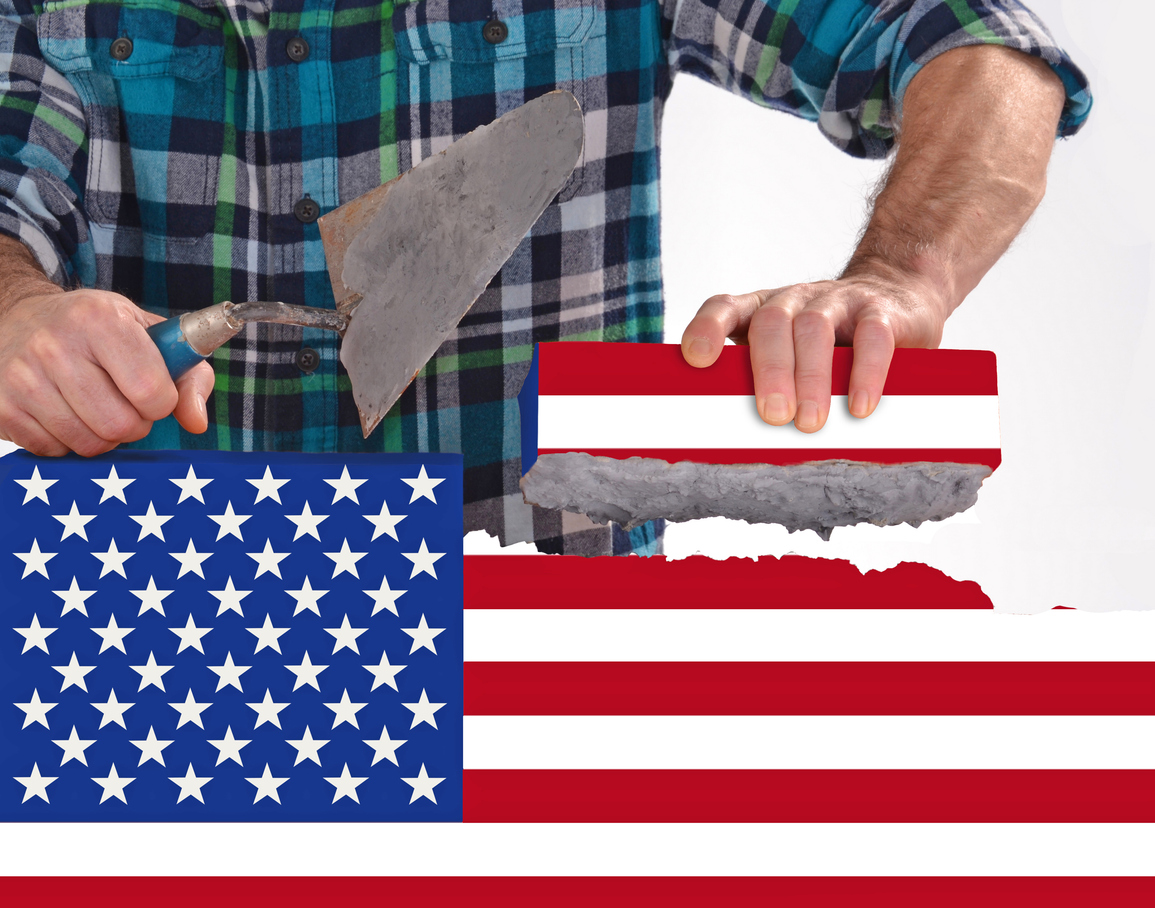Tag: Pillars

Lawyers in Pakistan March Against a Military Dictator
Time Period: 2007-09Location: PakistanMain Actors: National Action Committee of Lawyers, Pakistan Bar Association, Supreme Court Bar Association of Pakistan, Pakistan Muslim League (Nawaz) party, Ifitkhar Muhammad ChaudhryTactics - Assemblies of...

US Lawyers Use Litigation Against Assaults on Democracy
Time Period: 2016-presentLocation: United StatesMain Actors: LawyersTactics - Civic Engagement - Media Outreach - Legal Aid - Petitions - Signed Letters of Support In the aftermath of the 2020 election,...

Polish Judges Resist Attacks on the Rule of Law
Time Period: 2016-2021Location: Poland, especially Warsaw; Brussels, BelgiumMain Actors: Polish Judges Association Iustitia, Association of Judges Themis, Wolne Sądy lawyers group, Polish Constitutional Tribunal, Polish Supreme CourtTactics - Civil disobedience...

Labor Unions Join the Fight for Civil Rights
Time Period: Civil Rights Era, 1955-1970sLocation: United StatesMain Actors: The Southern Christian Leadership Conference (SCLC); Labor unionsTactics - Mass action - Boycotts - Protests/Marches - Protective Presence/Witnessing Following the success...

Unions Light the Candle of Democracy in South Korea
Time Period: 2016-2017Location: South Korea, especially SeoulMain Actors: Korean Federation of Trade Unions (KCTU), People’s Action for the Immediate Resignation of President ParkTactics - Vigils - General Strikes In the...

Indian Farmers’ Unions Block Roads to Bolster Democracy
Time Period: June 2020 - December 2021Location: India (Punjab & Delhi)Main Actors: Farm Unions, organized under the Samyukta Kisan Morcha (“United Farmers’ Front”)Tactics - Protest camps, nonviolent occupation, sit-ins -...

American Unions Mobilize Poll Workers
Time Period: 2020Location: United StatesMain Actors: AFL-CIO, AFSCME, SEIU, AFT, UNITE HERE, union membersTactics - Institutional Action The 2020 election tested the strength of US democracy. Due to the COVID-19...

Unions Join Unlikely Allies to Defend American Elections
Time Period: November 2020Location: United StatesMain Actors: AFL-CIO, SEIU, AFT, UNITE HERE, union membersTactics - Signed public statement - Declarations by organizations or institutions - Demonstrations - Assemblies of support...

Small Businesses Fuel the Fight for Freedom in Ukraine
Time Period: 1999 - 2005Location: UkraineMain Actors: Small- and medium-sized Ukrainian businesses; Anatoliy Kinakh and the League of Industrialists and EntrepreneursTactics - Material support - Institutional action - Generalized strikes ...

German Businesses Defend Democracy and Fight Extremism
Time Period: 2017-PresentLocation: GermanyMain Actors: WVIB, VDMA, Welcome Saxony, Business LeadersTactics - Civic Engagement - Media Outreach - Signed Letters of Support - Social Media Campaign Given their country’s history...
